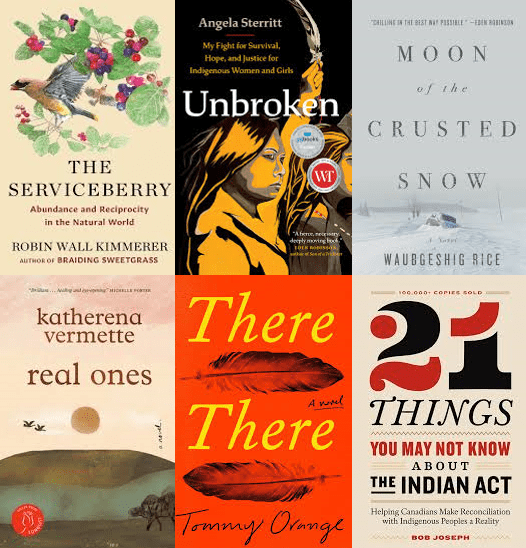We invite you to join our Reconciliation Reading Circles, where we will explore Indigenous literature, both fiction and non-fiction, to broaden our understanding of reconciliation.
This month, we will discuss Katherena Vermette’s Real Ones.
Each month, we will also look at sections of Bob Joseph’s 21 Things You May Not Know About the Indian Act: Helping Canadians Make Reconciliation With Indigenous Peoples a Reality.
For this event:
- Copies of the book will be made available to participants so that you may read the book in advance.
- Come with an open mind and a respectful heart.
- Refreshments will be served.
About the Book:
June and her sister, lyn, are NDNs–real ones. Lyn has her pottery artwork, her precocious kid, Willow, and the uncertain terrain of her midlife to keep her mind, heart and hands busy. June, a Métis Studies professor, yearns to uproot from Vancouver and move. With her loving partner, Sigh, and their faithful pup, June decides to buy a house in the last place she imagined she’d end up in Winnipeg with her family. But then, into Lyn and June’s busy lives, a bomb drops: their estranged and very white mother, Renee, is called out as a “pretendian.” Under the name (get this) Raven Bearclaw, Renee had topped the charts in the Canadian art world by winning awards and recognition for her Indigenous-style work. The news is quickly picked up by the media and sparks an enraged online backlash. As the sisters are pulled into the painful tangle of lies their mother has told and the hurt she has caused, searing memories from their unresolved childhood trauma, which still manages to spill into their well-curated adult worlds, come rippling to the surface. In prose so powerful it could strike a match, real ones is written with the same signature wit and heart on display in The Break, The Strangers and The Circle. An energetic, probing and ultimately hopeful story, real ones pays homage to the long-fought, hard-won battles of Michif (Métis) people to regain ownership of their identity and the right to say who is and isn’t Métis.


